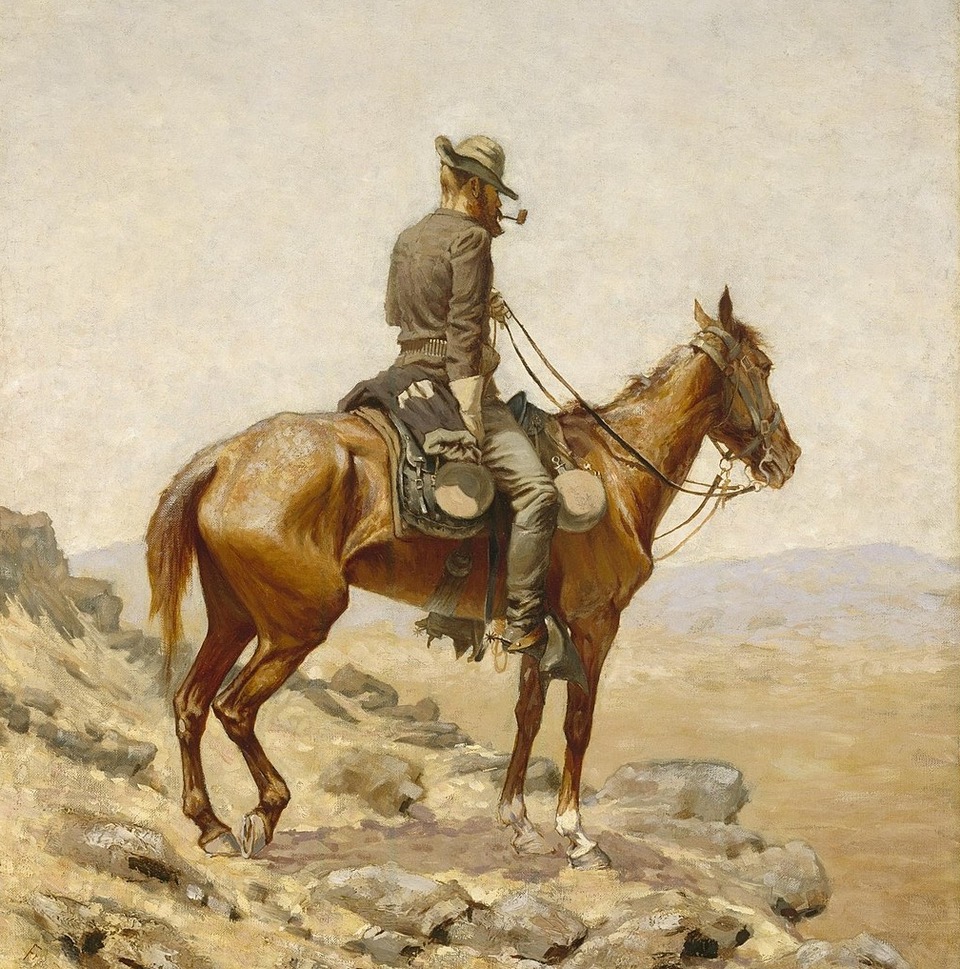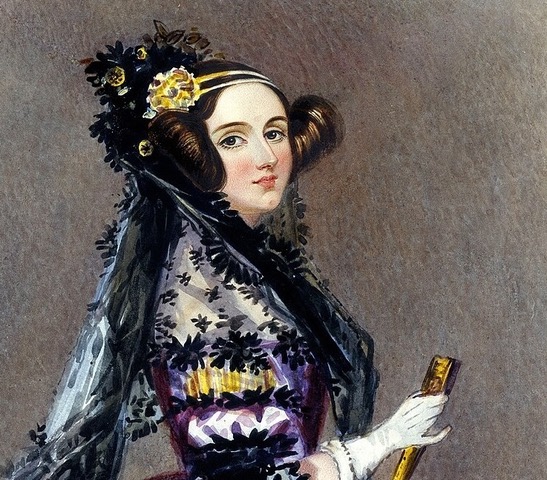
Through the heat of summer and the cool of fall, I’m reading Larry McMurtry’s massive Western novel Lonesome Dove. A lot of pages and land and characters and worth the long ride.
The journey for the author began when he pecked out this sentence:
When Augustus came out on the porch the blue pigs were eating a rattlesnake—not a very big one.
He had no idea where that notion was leading, but it became the first sentence of his story and a sort of guide of what was to follow. He got further inspiration when he saw these words painted on the side an old bus: Lonesome Dove Baptist Church.
You never know where things will lead, in life and storytelling.
Speaking of which…
Slightly clumsy segue into marketing.
Gotham has a bunch of courses you might not have any idea we offer. Some suggestions, all starting soon or soonish:
Blog & Newsletter Writing – Perfect if you want to start your own publication.
Feature Article Writing – Here’s where you give journalism a human face.
Hit Send: Publishing Short Nonfiction – How and where to publish articles and essays.
Video Game Writing (parts 1 and 2) – Yes, actual people create the stories in video games.
Comics & Graphic Novels – And it’s fine if you’re not good at art.
Songwriting I – Lyrics + music and how they work together.
Humor Writing – Put some funny into your prose.
Business Writing – Requires more creativity and psychology than you’d imagine.
Grammar (parts 1 and 2) – We teach it in a way that’s intuitive and entertaining.
Reading Fiction – Analyzing fiction from a writer’s POV.
Just Write – You write in a room in NYC, with company and inspiration.
The Writer’s Mind – This one is a bit mysterious.
And—wait—we’ve got the Gotham Fiction Conference this weekend. The Pitching Roundtables on Sunday October 5 are all booked up, but we have a great lineup of Panels & Presentations happening this Saturday October 4, all on Zoom, still available. If you’re hoping to publish a novel, you’ll get lots of insight there.
We hope to see you somewhere along the trail. You never know what’ll happen.

Alex Steele
Gotham President






